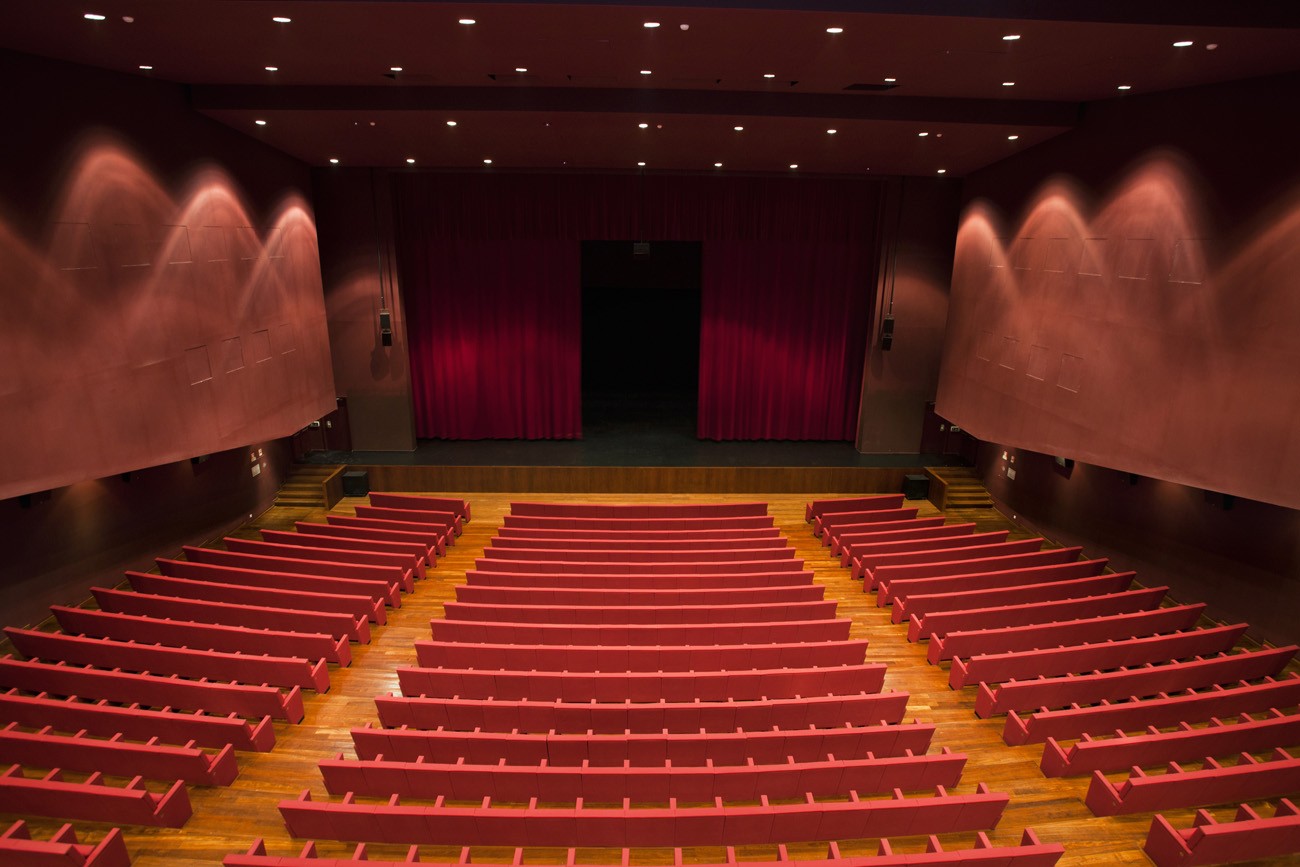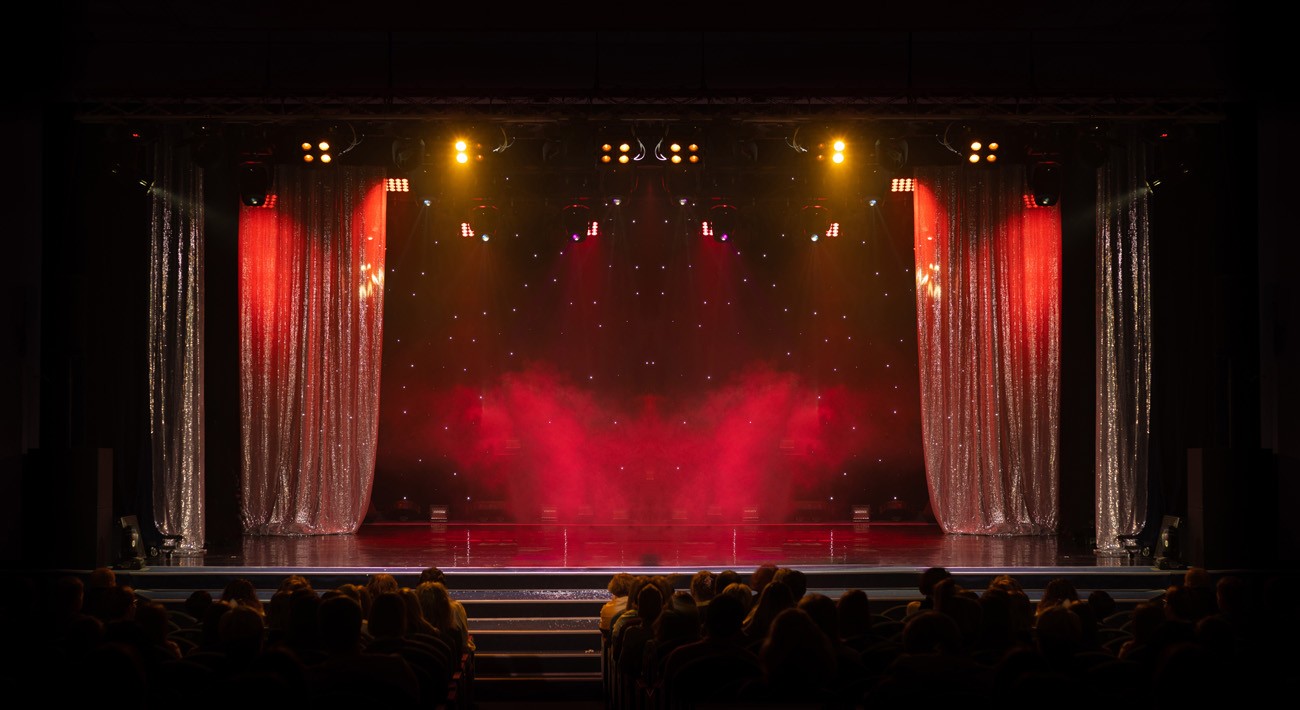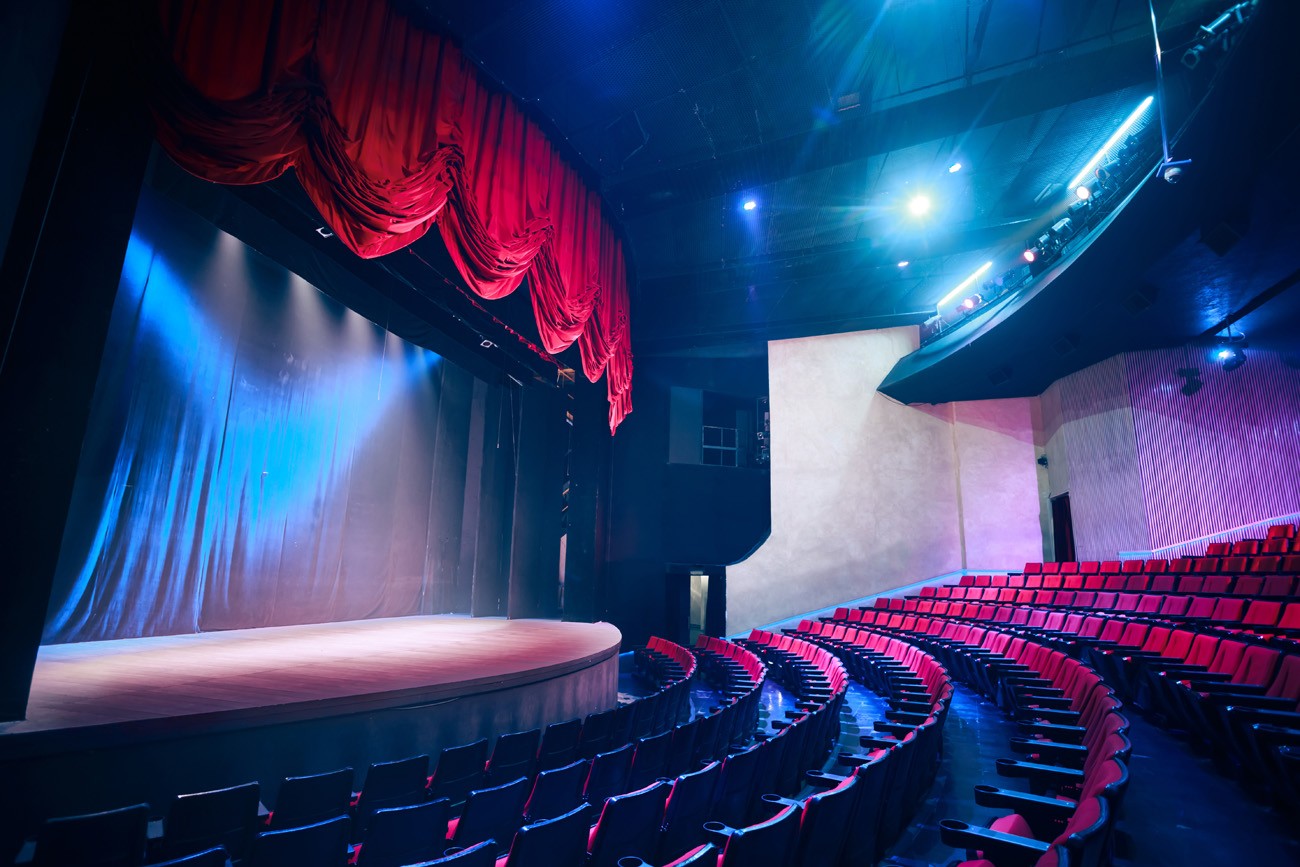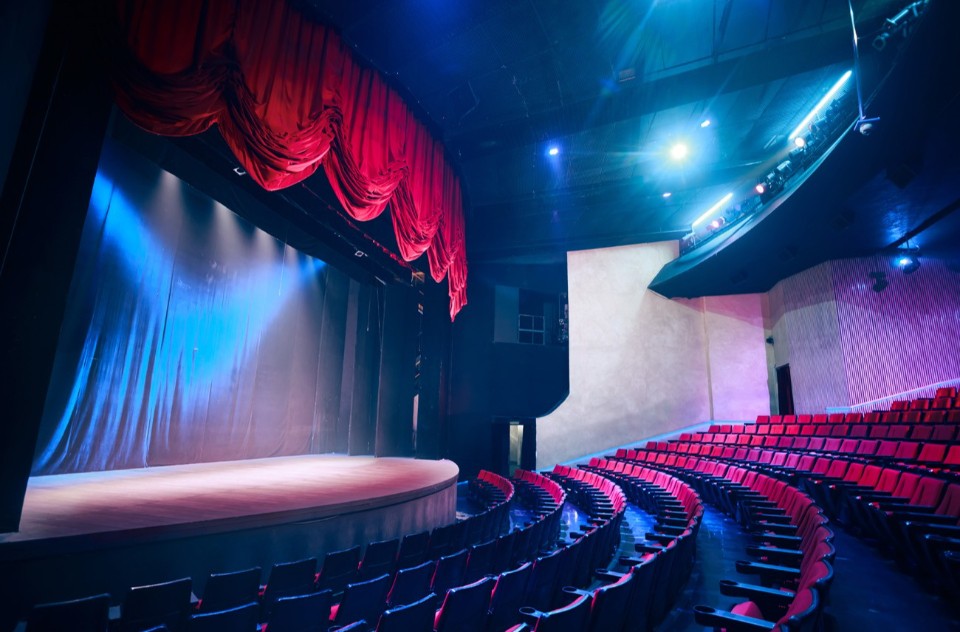Japanese performing arts captivate audiences with stunning productions and deeply emotional performances. However, for first-time theatergoers, the process of purchasing tickets and understanding theater etiquette might seem daunting. In this guide, we'll walk you through the ticket purchasing process and the basic manners to keep in mind at the theater. Enjoy Japanese theater to the fullest!
Types of Theater Tickets: "Advance Sales" and "General Sales"

When buying tickets for a theater or stage performance in Japan, there are two main sales types: "Advance Sales" and "General Sales." Understanding the differences between these methods can help you secure tickets more easily.
Advance Sales
Advance sales refer to ticket sales that occur earlier than general sales. These are often targeted at specific groups that meet certain criteria, such as members of fan clubs or theater supporters.
- Eligibility: Advance sales are typically available to members of paid services offered by ticket agencies, the theater hosting the performance, or the fan club (FC) of a performer.
- Sales Method: Tickets are usually sold through a lottery system, though in some cases, they may be sold on a first-come, first-served basis.
- Benefits: Advance sales provide an opportunity to secure tickets for popular performances before they become available to the general public.
- Important Notes: For highly popular performances, tickets might sell out quickly even during advance sales. Make sure to remember the application start date.
General Sales
General sales begin after advance sales have concluded and are open to everyone.
- Eligibility: Anyone can purchase tickets through general sales.
- Sales Method: General sales are typically conducted on a first-come, first-served basis. For popular productions, tickets may sell out shortly after sales open, so accessing the ticket site promptly is crucial.
- Benefits: Unlike advance sales, there is no need to join a paid membership, making tickets accessible to all.
- Important Notes: High traffic on ticket purchase websites can sometimes cause connection issues. Additionally, some ticket agencies may impose restrictions on the number of tickets you can purchase.
How to Purchase Theater or Stage Tickets
Buying Tickets Through Advance Sales
1. Lottery for "Theater Advance Sales"

"Theater Advance Sales" refers to early ticket sales organized by the theater or its management. These are typically conducted through a lottery system. To apply, access the theater’s official website during the application period, select your desired performance, and submit your entry.
For example, Toho Navi offers two methods:
First-Come, First-Served Advance Sales: A system where tickets can be purchased immediately during the advance sales period. Quick action is key.
- Advance Lottery Entry: A method where you enter a lottery during the advance sales period. The order of entry doesn’t affect the chances of winning. If successful, you can purchase the ticket.
2. Lottery for "Performer Advance Sales"
Performer advance sales are exclusive to members of the performer’s fan club (FC). This method typically uses a lottery system, and members can apply through fan club-exclusive websites or pages. These sales usually start earlier than other methods.
If you win, you’ll be notified via email, along with instructions on how to complete the purchase. Joining a fan club often comes with other benefits, such as access to fan-only content, newsletters, and event updates.
Note: Some fan clubs may require members to reside in Japan as part of their membership conditions.
3. Lottery for "Ticket Agency Advance Sales"
A ticket agency (or "play guide") is a service or organization that sells tickets for concerts, theater performances, and sports events on behalf of organizers.
Advance sales by ticket agencies typically require membership registration. Tickets may be sold via lottery or on a first-come, first-served basis. Because these agencies operate nationwide, the competition for tickets can be fierce. However, multiple agencies often hold sales simultaneously, increasing your chances.
If you win, you’ll receive a notification and can proceed with payment using the provided method.
Major Ticket Agencies:
- Ticket Pia: https://t.pia.jp/
- Lawson Tickets: https://l-tike.com/
- eplus: https://eplus.jp/
Buying Tickets Through General Sales
1. Purchase via Ticket Agencies or Official Websites

General sales through ticket agencies or official websites are open to everyone. By registering as a member, you can purchase tickets online from your computer or smartphone. Various payment methods, such as credit cards and convenience store payments, are available.
For performances with reserved seating, you may be able to choose your preferred seats. However, for popular performances, tickets can sell out immediately upon release. Additionally, system usage fees or service charges may apply on top of the ticket price.
2. Purchase at the Theater Box Office
Tickets can also be purchased directly at the theater’s box office (ticket counter). This method allows you to consult with staff while buying tickets, and often no handling fees are charged.
For high-demand performances, such as opening nights or final shows, the box office may be crowded, and tickets could sell out. Check the availability in advance if purchasing at the counter is necessary.
3. Purchase at Convenience Stores
You can buy tickets at convenience stores like Lawson or Seven-Eleven using their multi-copy machines. This method is convenient, especially for those without a credit card, as you can pay in cash.
However, the process can be complex, and some machines may not support English, which could be challenging for non-Japanese speakers.
4. Purchase by Phone
For certain performances, tickets can be reserved by phone. Call the number listed on the theater or ticket agency's website, and provide details of your desired performance and date.
For popular performances, lines may be busy, and it can be difficult to get through. Additionally, some phone lines may only offer service in Japanese.
What if Tickets Are Sold Out? Try "Official Resale" or "Same-Day Tickets"!

Even if tickets are sold out, don’t give up just yet! There may still be ways to secure tickets, even at the last minute.
Buying from "Official Resale" Services
Many events offer an official resale service. This allows people who can no longer attend an event to resell their tickets officially. The tickets are then made available to other fans through this system.
Official resale is a secure option, but the number of tickets available is often limited. For popular performances, resale tickets may be subject to a lottery system or additional fees.
Buying "Same-Day Tickets"
Same-day tickets are sold at the venue's ticket counter on the day of the performance. Even if you couldn’t purchase tickets in advance, same-day tickets give you another opportunity to attend the show.
However, the number of same-day tickets is limited. For popular performances, long lines may form before the venue opens. Keep in mind that you may not be able to choose your preferred seat if availability is low.
Can You Buy Tickets from Overseas?

For presale or fan club lotteries, membership registration is often required. Registration may require a Japanese address or phone number, which can make it difficult for those living overseas to participate.
However, general ticket sales through major ticketing platforms are often accessible from overseas. Many platforms now offer English-language support, making it easier for international fans to purchase tickets.
Do note that overseas delivery is rarely available. In most cases, you’ll need to use an electronic ticket or pick up the ticket in Japan. Be sure to check the terms and conditions, as well as the ticket delivery method, before making a purchase.
Ticket Platforms Accessible from Overseas:
- Ticket Pia: https://sell.pia.jp/inbound/eventList.php?list=english
- Lawson Ticket: https://l-tike.com/ (If you switch languages, you can only use some services.) )
- eplus: https://ib.eplus.jp/index.php
Ticket Delivery Methods After Purchase
1. QR Code Tickets (Electronic Tickets)

QR code tickets are becoming increasingly popular. You can display a QR code on your smartphone or a dedicated app, which is scanned at the venue for entry. These tickets are convenient, as there’s no risk of losing a physical ticket. They are easy to use and are often compatible with international users.
Paper Tickets (By Mail)
Traditional paper tickets are mailed to your home or a specified address. These tickets make great keepsakes for fans.
Paper Tickets (Convenience Store Pickup)
After purchase, you can print your ticket at a convenience store using an in-store terminal. This method is straightforward and allows you to pick up tickets at a nearby location. The deadlines for printing tickets are often flexible.
Beginner-Friendly Guide to Theater Etiquette in Japan

To fully enjoy a theater performance, it’s essential to follow proper etiquette and be considerate of other audience members and performers. Here are some key points to keep in mind when attending a show.
1. Turn Off Your Mobile Phone
The sound or vibration from mobile phones can disturb other audience members and performers. Be sure to turn off your phone before entering the theater.
2. Sit with Your Back Against the Seat
To avoid obstructing the view of those seated behind you, sit with your back properly against the seat. Avoid leaning forward excessively or placing your belongings around your seat, as this could cause inconvenience to others.
3. Do Not Talk During the Performance
Whispering or chatting during a performance can distract both the audience and the performers. Save conversations for before the show, during intermissions, or after the performance.
4. No Eating, Drinking, Photography, or Recording During the Show
Most theaters strictly prohibit eating, drinking, taking photos, and recording during the performance. Be sure to check the theater's rules and refrain from these actions to preserve the ambiance of the show.
5. Avoid Entering or Leaving During the Performance
Entering or leaving the theater during a performance can disrupt both the audience and the performers. If you have an unavoidable reason, consult the theater staff and follow their guidance.
6. Wear Considerate Attire
Choose attire that won’t obstruct others’ views, such as avoiding hats or large hair accessories. Additionally, go easy on strong perfumes, as they can bother other audience members.
7. Be Mindful of Applause Timing

Applause is usually given after a song ends or a scene concludes. During curtain calls or standing ovations, follow the lead of other audience members if you’re unsure when to clap. Applause is a way to show appreciation and admiration for the performers, so clapping at the right time helps create a pleasant experience for everyone.




Comments